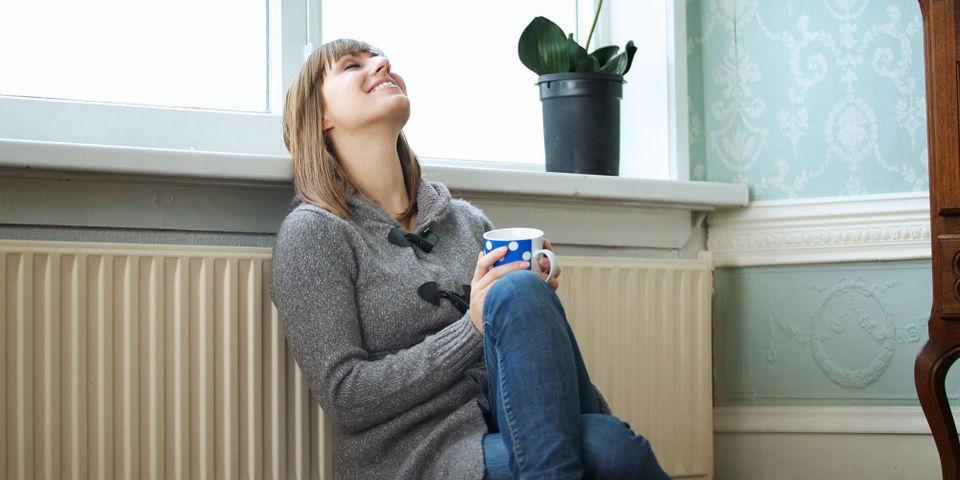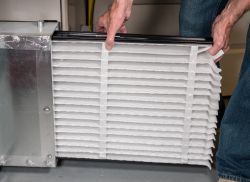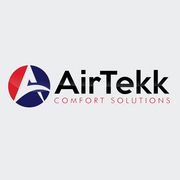
We rely on our central heating to enhance comfort throughout our homes. But although this system may seem like something you can ignore until you go to switch it on, there’s one basic aspect of maintenance every homeowner should be aware of: furnace filters. It may come as no surprise that many people are unfamiliar with these valuable components of your central heating system, so have a look at the questions below to learn more.
An Introduction to Furnace Filters
What types of furnace filters are available?
Non-pleated filters are inexpensive and widely available in local stores. Distinguished by their flat surfaces and fiberglass construction, they can be effective at stopping the passage of large pieces of dirt and debris. However, they’re unable to block the fine dust particles that irritate the eyes, nose, and throat and provoke allergic reactions.
Pleated filters are recognizable by the folds in their surfaces. Tougher, thicker, and more effective than non-pleated filters, they also have a higher MERV rating, usually around 12. These are ideal for households with pets or those with allergies.
What’s a MERV rating?
 “MERV” stands for Minimum Efficiency Reporting Value. Developed by the American Society of Heating, Refrigeration, and Air Conditioner Engineers, it gauges the amount and type of particulate matter that a filter can block.
“MERV” stands for Minimum Efficiency Reporting Value. Developed by the American Society of Heating, Refrigeration, and Air Conditioner Engineers, it gauges the amount and type of particulate matter that a filter can block.
For example, MERV 16, the highest rating, can block 95% of particulates down to 0.3 – 1.0 microns (a measurement of size) and 90% of particulates down to 3.0 – 1.0 microns. MERV 1, meanwhile, is effective for removing as much as 20% of particulates between 3.0 – 10.0 micron, meaning larger materials such as lint or pollen.
What is HEPA filtration and do I need it?
High-Efficiency Particulate Air (HEPA) is an exceptionally effective standard of filtration used in industrial applications or medical facilities. While these are reliable filters for eliminating health risks and contamination, the vast majority of homes don’t need it.
These thick filters would actually reduce the airflow and effectiveness of residential central heating systems. Instead, homeowners can use filters with a MERV rating of 12-14, which are comparable in performance and often available in pleated formats or with activated charcoal included.
How often should I replace my filters?
Individual manufacturers will include recommendations on replacement schedules with their products, but as a general rule, filters should be replaced every six months. But before you go purchasing a new filter, first inspect the one that’s in place. If there’s little dust or debris, it’s likely that you can use it for some time longer.
For help maintaining your central heating and air conditioning, you can count on AirTekk Comfort Solutions in Conyers, GA. The HVAC experts at this local, family-owned business are proud to offer effective servicing, installation, and repairs for energy-efficient cooling and heating. To schedule an appointment, call (404) 550-1582 or learn more on their website.
About the Business
Have a question? Ask the experts!
Send your question

